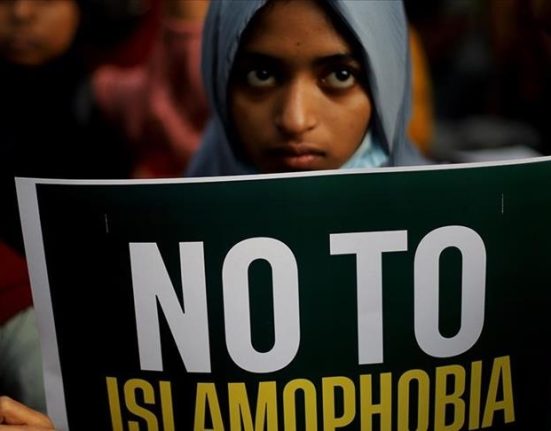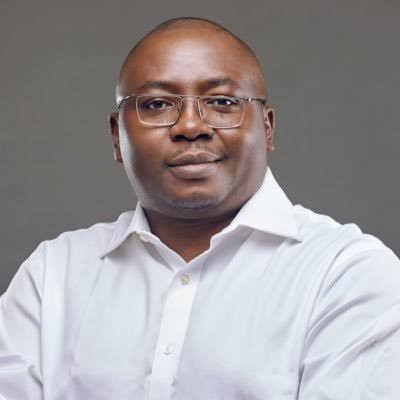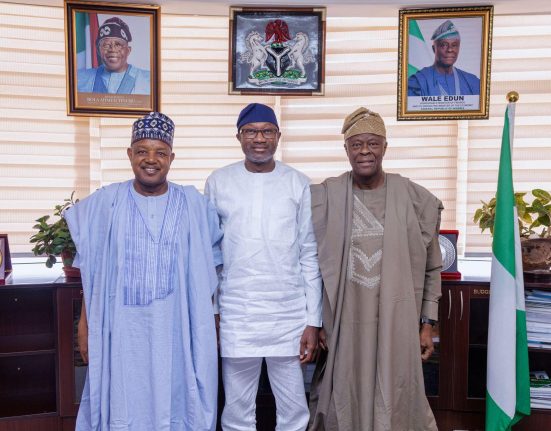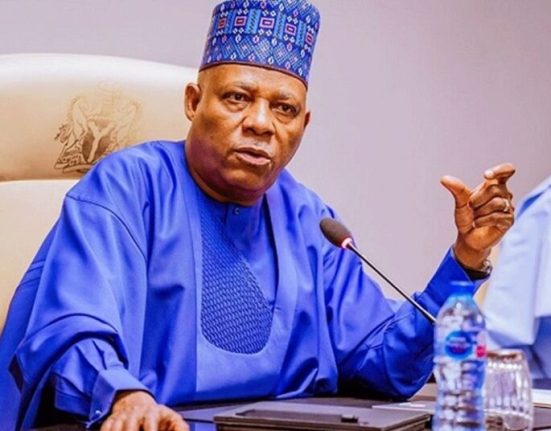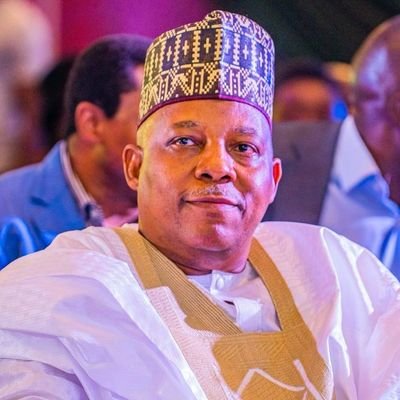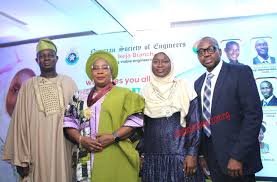The Nigerian presidency has strongly refuted claims by the 2023 Labour Party (LP) presidential candidate, Peter Obi, that democracy has collapsed under President Bola Tinubu’s administration. In a statement on Monday, presidential aide Bayo Onanuga dismissed Obi’s assertions, urging him to be more mindful of his statements while emphasizing that Nigeria’s democratic system has only strengthened over the past 26 years.
Obi had made the remarks in reaction to the Tinubu-led government’s decision to declare a State of Emergency in Rivers State, leading to the removal of Governor Siminalayi Fubara. The former Anambra State governor accused the Tinubu administration of political brigandage, corruption, and subverting democratic principles.
However, Onanuga described Obi’s stance as an overstatement lacking logical foundation. He argued that if democracy had truly collapsed in Nigeria, the LP leader would not have the freedom to express his views so openly.
“Only a discontented and disgruntled Peter Obi, who benefits from the very free speech democracy provides, could perceive such a democratic downfall through his lens,” Onanuga stated. He further argued that the government’s decision in Rivers State was necessary to restore law and order, rather than an attempt to undermine democracy.
The presidency’s response has sparked mixed reactions across the country. Many Nigerians have taken to social media platforms to either defend or criticize Obi’s claims. Some supporters of the LP candidate argue that his concerns reflect the worsening state of governance, political interference, and economic hardship under the current administration.
On the other hand, pro-government commentators have praised Tinubu’s administration for taking decisive action in Rivers State, arguing that maintaining stability is paramount to sustaining democracy.
Political analysts suggest that Obi’s criticism aligns with a broader opposition strategy to highlight perceived failures of the current administration ahead of future elections. They note that Tinubu’s presidency has faced increased scrutiny over economic policies, security challenges, and governance decisions, all of which opposition figures have used as ammunition in their criticisms.
While the Nigerian government insists that democracy remains intact, concerns about governance, judicial independence, electoral integrity, and press freedom continue to dominate national discourse. Recent incidents, including crackdowns on protests, electoral disputes, and allegations of corruption within government institutions, have raised questions about the country’s democratic progress.
As the 2027 general elections approach, tensions between the ruling party and opposition figures like Obi are expected to intensify. Political observers caution that rhetoric from both sides should remain constructive to avoid deepening national divisions.
The controversy surrounding Obi’s remarks and the presidency’s response underscores the ongoing debate about Nigeria’s democratic health. While government officials maintain that democracy is thriving, opposition leaders and some Nigerians believe that recent political events suggest otherwise. As public discourse continues, the coming months will be crucial in determining the trajectory of Nigeria’s democratic evolution under President Tinubu’s leadership.


